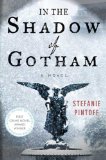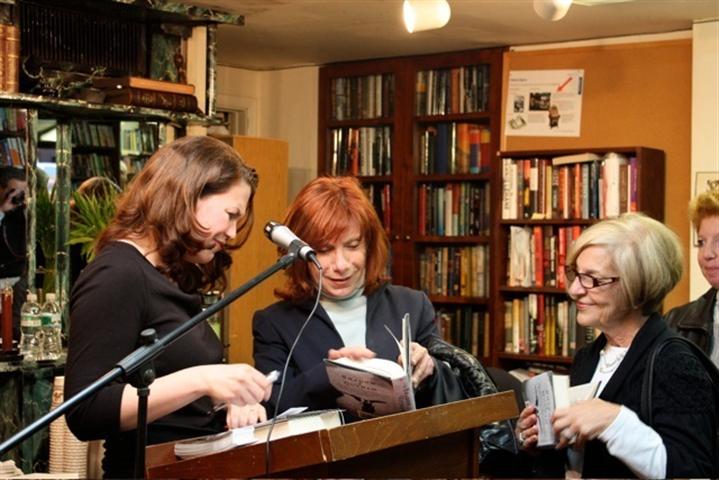Literary agents–what they said
Since I’ve been poking fun at my own excess excitement and hubris in the early (early, early) days of TTGP (Trying To Get Published), I’ll fill you in on another gem.
After this, I did get a little more humble.
Funnily enough, though, I retained a certain core optimism. I somehow always had the belief that the very next query letter would bring me a response in a matter of hours, some agent oohing and ahhing over my work. After months of form rejections and almosts-but-not-quites, you’d think I would have well and fully wised up. But now I think that if I didn’t labor under that optimistic delusion, I may not have been able to keep going as I did.
It happened, by the way. Finally. The quick response, even an ohh and an ahh. But it took a while, didn’t lead exactly where I thought it would, and…that’s for another post.
Anyway…hubris. Remember how I queried Al Zuckerman because of the influence his writing book had on me? For this reason, I made him my top choice agent. Lucky guy! I sent him my query, then sat back and waited.
And waited. When a week went by without his writing (or calling…or visiting me at my house…) I began to frown. Shot him off another letter–and by “shot” I do mean Fed Ex–politely saying something like, I sent you my query on an exclusive basis. Please let me know if it interests you as I would be very excited to provide additional materials.
When I STILL didn’t hear back–can you believe the nerve of this guy–joke–can you believe the nerve of me? I really had no idea that a busy agent can take months to respond. Or s/he might never respond. I’ve now heard stories of writers getting requests after an entire year. Anyway, when two weeks went by–that’s like a minute in geological time–with no response, I sent to the other five agents.
Virginia Barber sent a form rejection. Chuck Verrill never responded. After some months, Al Zuckerman sent a form, too.
But Anna Cottle sent a detailed critique of my first seventy-five pages–more than enough to set me editing the baby I had previously dubbed perfect. Elizabeth Pomada requested pages. And Barney Karpfinger requested a 100 page partial! I was on my way…to something.







